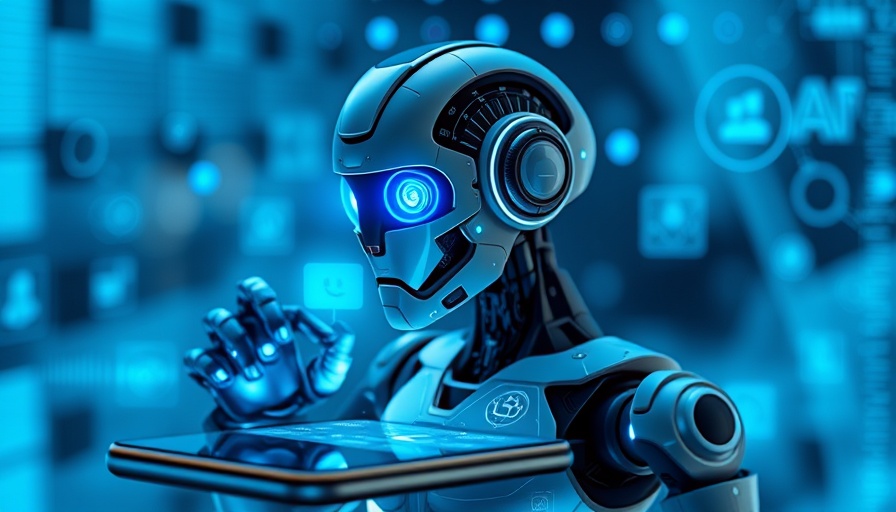
Could AI Job Cuts Really Replace Human Workers?
In a recent bold announcement, famed AI researcher Tamay Besiroglu revealed the launch of his startup, Mechanize, which aims for nothing less than the full automation of all work. While the ambitious ambition to replace human workers has whipped up both intrigue and controversy, it raises questions about the future of employment and the human experience in the workplace.
Understanding the Vision Behind Mechanize
Mechanize’s blueprint is focused on automating white-collar positions, harnessing AI technology to gather data, evaluate performance, and create digital environments where tasks can be executed by machines. The vision was succinctly summarized by Besiroglu: “the full automation of the economy,” a concept that hints at both revolutionary potential and deep societal implications.
A Startup or Satire? Public Reaction Speaks Volumes
The announcement has stirred significant backlash on social media, with users expressing sadness and concern regarding the future of human labor. One notable comment from user Anthony Aguirre criticized the endeavor, stating that the automation of jobs, while appealing to businesses, would result in a significant loss for humanity. These sentiments echo anxieties shared by many in the workforce, particularly in an era already marked by massive layoffs and uncertainty due to AI integration in various sectors.
The Importance of Community in the Age of Automation
As we navigate this transition towards automation, the role of community becomes increasingly vital. Starting from grassroots initiatives to support displaced workers to maintaining organizations and networks that emphasize human empathy and connection, it’s crucial to address and mitigate the repercussions of AI job loss. Neighborhoods should rally together, ensuring that new opportunities arise to support those affected by technology's relentless march.
What Past Innovations Teach Us About Future Trends
Historically, advancements in technology have led to both job creation and loss. The industrial revolution introduced machinery that replaced manual labor but also birthed entirely new industries and job categories. Similarly, today's AI revolution could reshape work dynamics, but it requires a proactive approach in reshaping education and training to prepare the workforce for the jobs of tomorrow.
The Controversial Ties to Epoch: A Cloudy Relationship
Besiroglu’s prior association with the Epoch research institute complicates the narrative around Mechanize. While Epoch aims to objectively analyze the economic impacts of AI, many critics are questioning the ethical implications of combining research with entrepreneurship in the realm of workforce automation. This raises ethical concerns about transparency and accountability in AI development focused on replacing human jobs.
Looking Forward: Navigating the New Employment Landscape
As we look to the future, organizations, workers, and tech innovators must collaborate to ensure a balanced transition. Key strategies may include reskilling existing workers, encouraging entrepreneurship among displaced individuals, and fostering public discourse about the ethical use of AI. Exploring ways to leverage technology to complement human efforts, rather than replace them, could ultimately lead to a more equitable job market.
Take Action: Join the Conversation on Future Employment
The dialogue around Mechanize isn't just about a new startup; it speaks volumes about our collective future. Engaging in community forums, attending workshops on AI and employment, and advocating for policies that prioritize workers’ rights will be essential in shaping a landscape that values both innovation and humanity.
 Add Row
Add Row  Add
Add 




 Add Row
Add Row  Add
Add 

Write A Comment